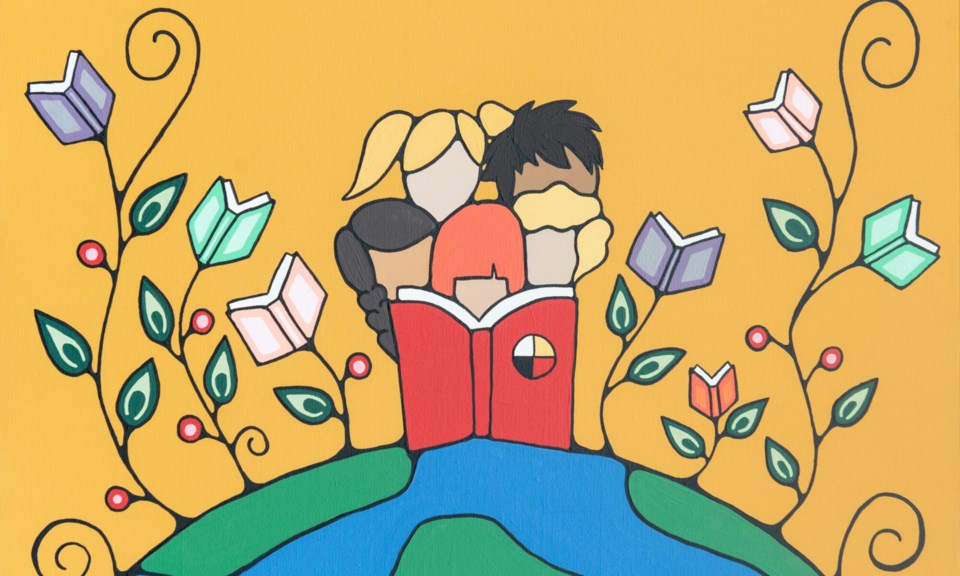From October 4 to 10, First Nations Public Library Week celebrates its 20th year, rolling into a larger celebration of Canadian Library Month. Which, yes, immediately follows Library Card Sign Up Month. We like to find some excuse to celebrate ourselves year-round. That’s completely normal.
FNPLW is an opportunity for us to celebrate diverse voices, encourage the ongoing exchange of dialogue, and promote accountability and action through understanding both our complete history and current affairs.
It’s also a great opportunity to share some of our favorite First Nations authors and stories while reminding you of the many excellent Indigenous works both mixed in our catalog and as part of our designated First Nations/Métis/Inuit (FNMI) Spirit of Education collection.
Here are a few writer recommendations to get you started.
Richard Wagamese
Author of Indian Horse and Medicine Walk, Wagamese passed away in 2017 while still in the process of completing his last novel, Starlight. The title was released posthumously and rather than attach an ending that assumed the author’s intentions, his final work was finished with a nod to the early direction of his first manuscripts and a previous essay by the author himself, this very act of authenticity standing as a reminder of his own constant vision to both enlighten and educate while remembering to stay true to the real story. Wagameses back catalog is an impressive mix of personal essays and fiction titles.
Eden Robinson
In recent weeks we’ve seen a popularity resurgence of Robinson’s novels Son of a Trickster (2017) and Trickster Drift (2018), the first and second in a trilogy that will include Return of the Trickster (forthcoming) and debut as a television series on CBC this Wednesday (October 7). There’s still enough time to read them first – you just gotta commit. An eccentric and delightfully magical account of the life of 17-year-old Jared, the author herself has described the story as a “decolonial coming-of-age”. A fresh, fun, and unconventional take that disrupts stereotypical assumptions of what an Indigenous story should look like.
Thomas King
Perhaps one of the best known and most beloved Indigenous writers, King is the author of the widely acclaimed Inconvenient Indian: A Curious Account of Native People in North America, Governor Generals literary award winner, The Back of a Turtle, and most recent work, Indians on Vacation (pre- covid, of course). Often incorporating wry humour with serious subject matter, King has perfected a formula that both draws in readers and gently shifts their perspective.
Nicola I. Campbell
Author of the picture book Shi-shi-etko and sequel Shin-chi’s Canoe, Campbell will release her newest title, Stand Like a Cedar, this coming February. Explaining the history and trauma of residential schooling to a young audience in a way that is both gentle and accessible, yet impactful and poignant, Campbell is one of the many children’s options we have available to start teaching early with age-appropriate tools.
Cherie Dimaline
Dimaline’s latest work, Empire of Wild, blends a tale of the traditional Métis werewolf creature, Rogarou, and the timely argument of land rights – but she is probably best known for The Marrow Thieves, her YA Indigenous dystopian set in the not too distant post-apocalyptic Canada (yep, she made that a genre). A Métis writer from the Georgian Bay Nation, Dimaline has previously stated that she prefers to be recognized as an Indigenous storyteller rather than a Canadian author as her experiences do not reflect what we have come to known as the Canadian narrative. It’s time that changed.
You can check out any of our FNMI titles during our newly extended hours: Monday to Thursday, 10-8, and 10-5 Friday Saturday.



